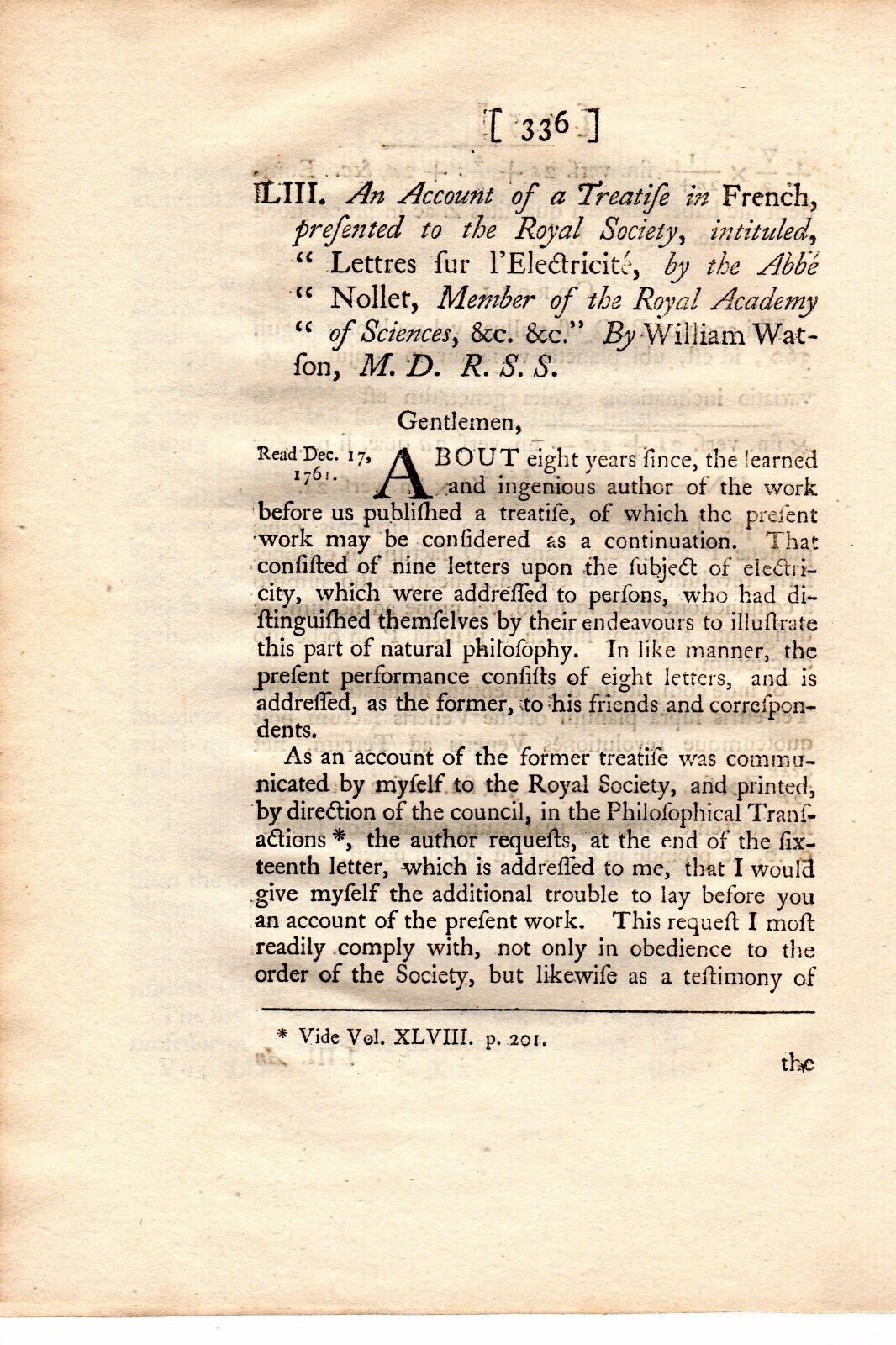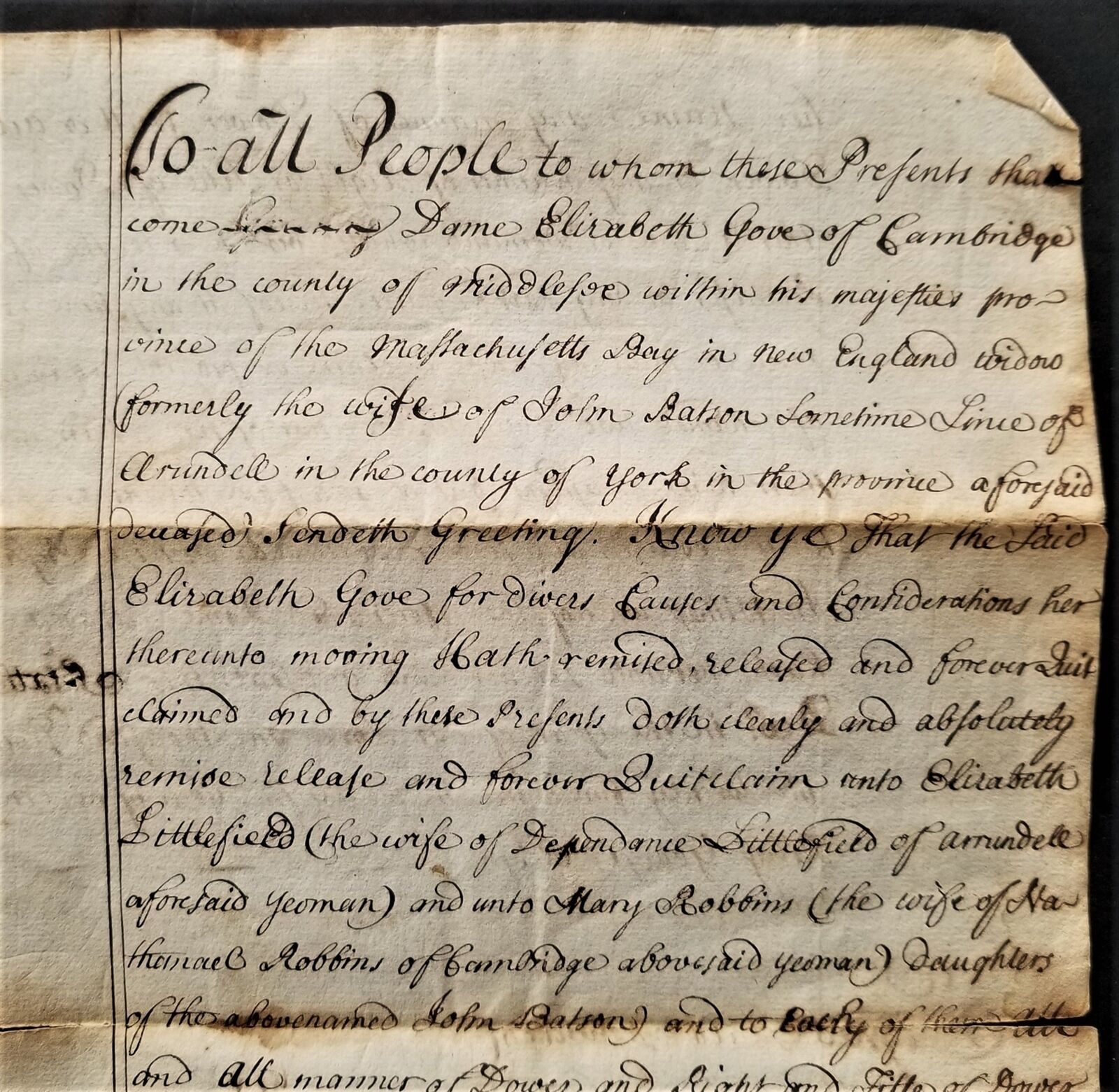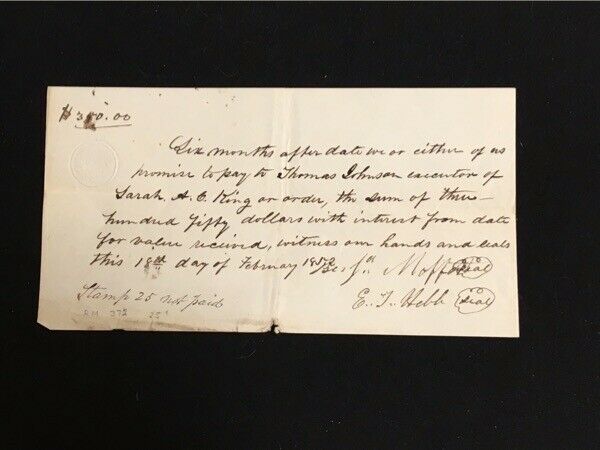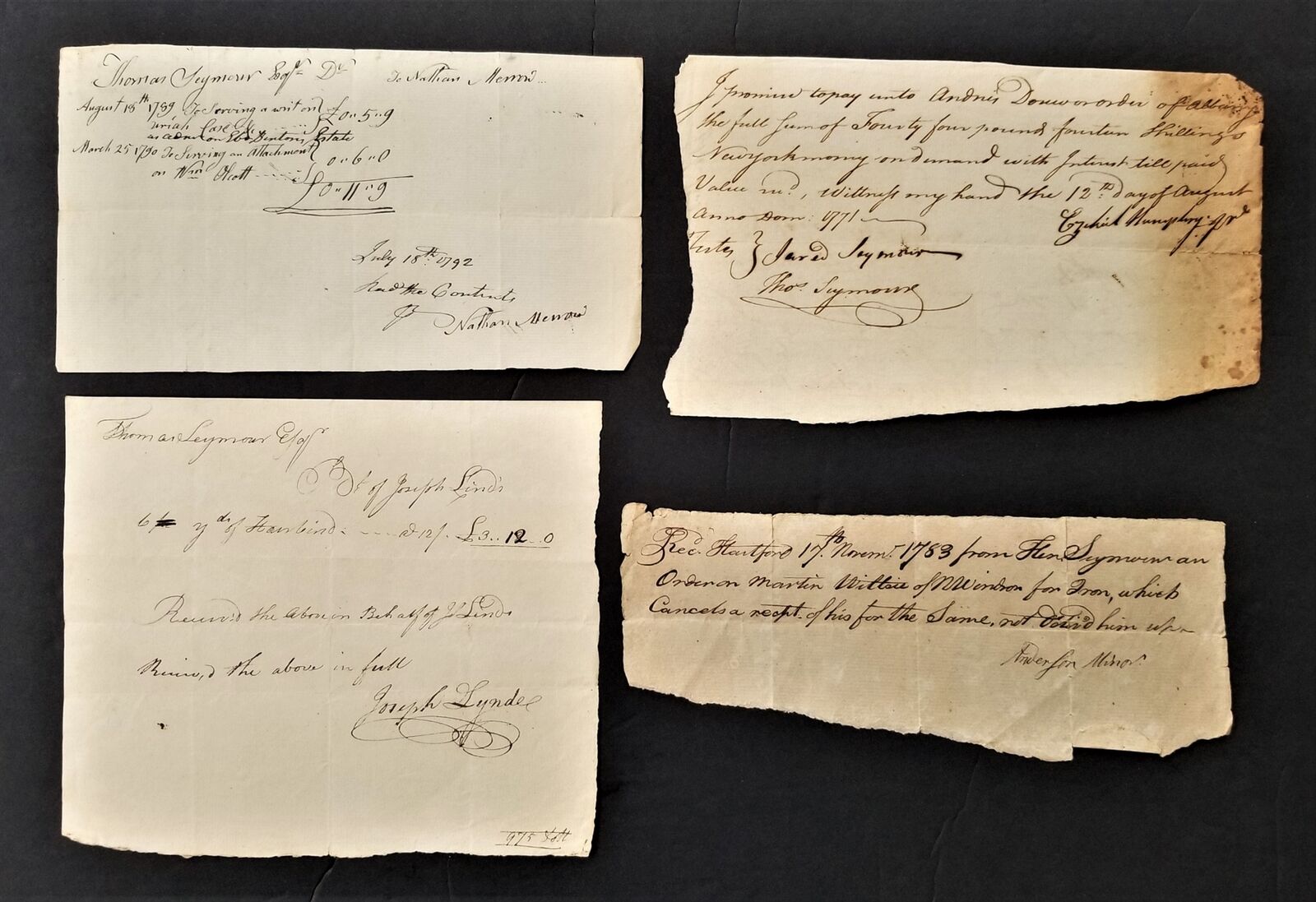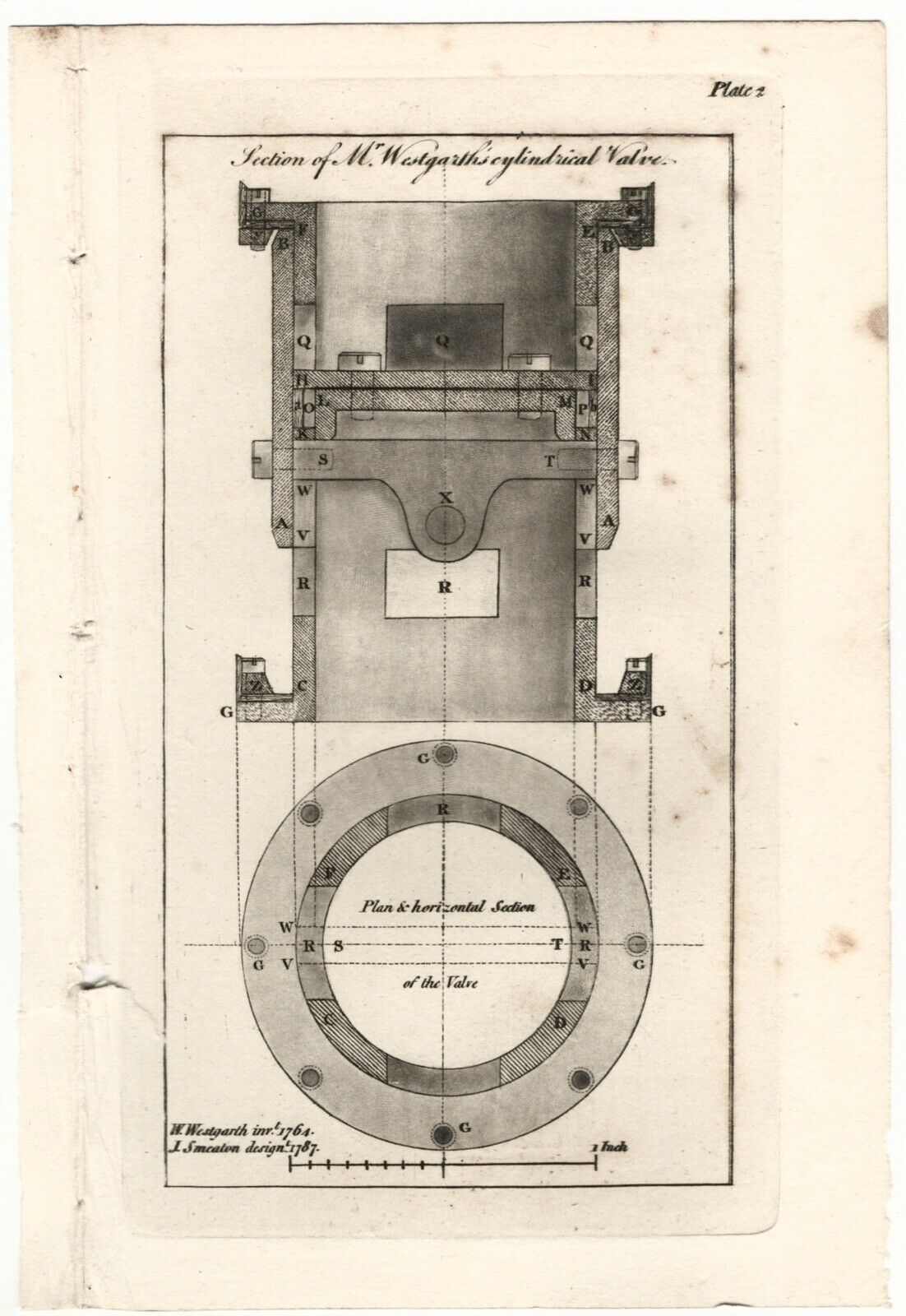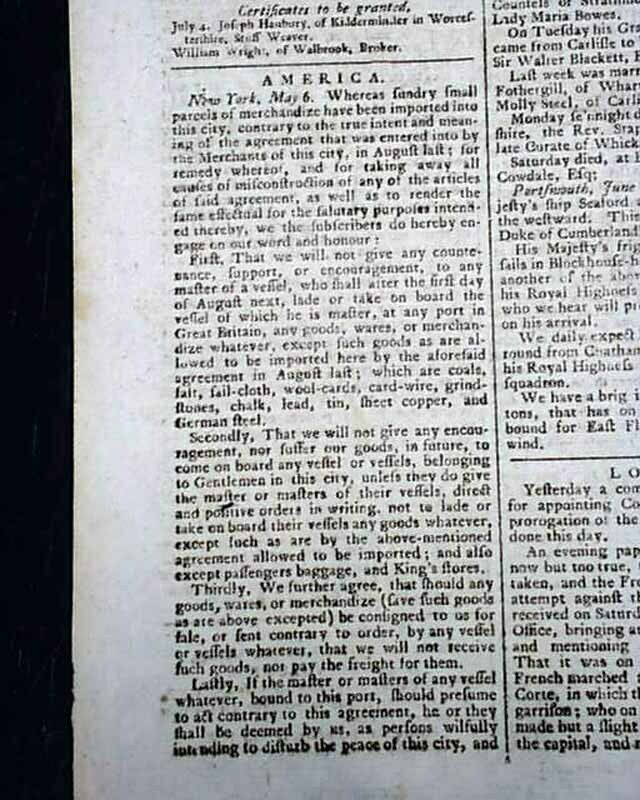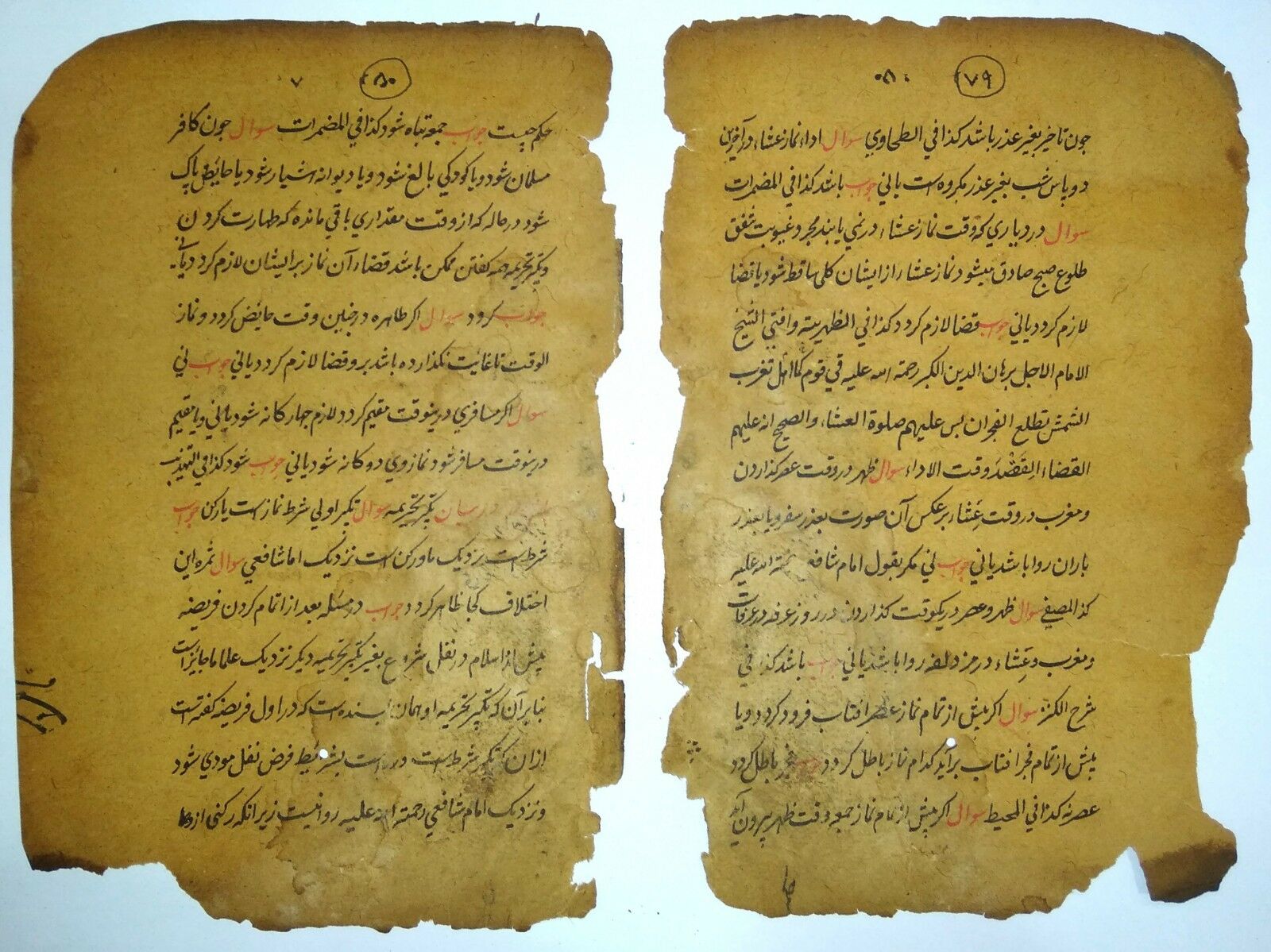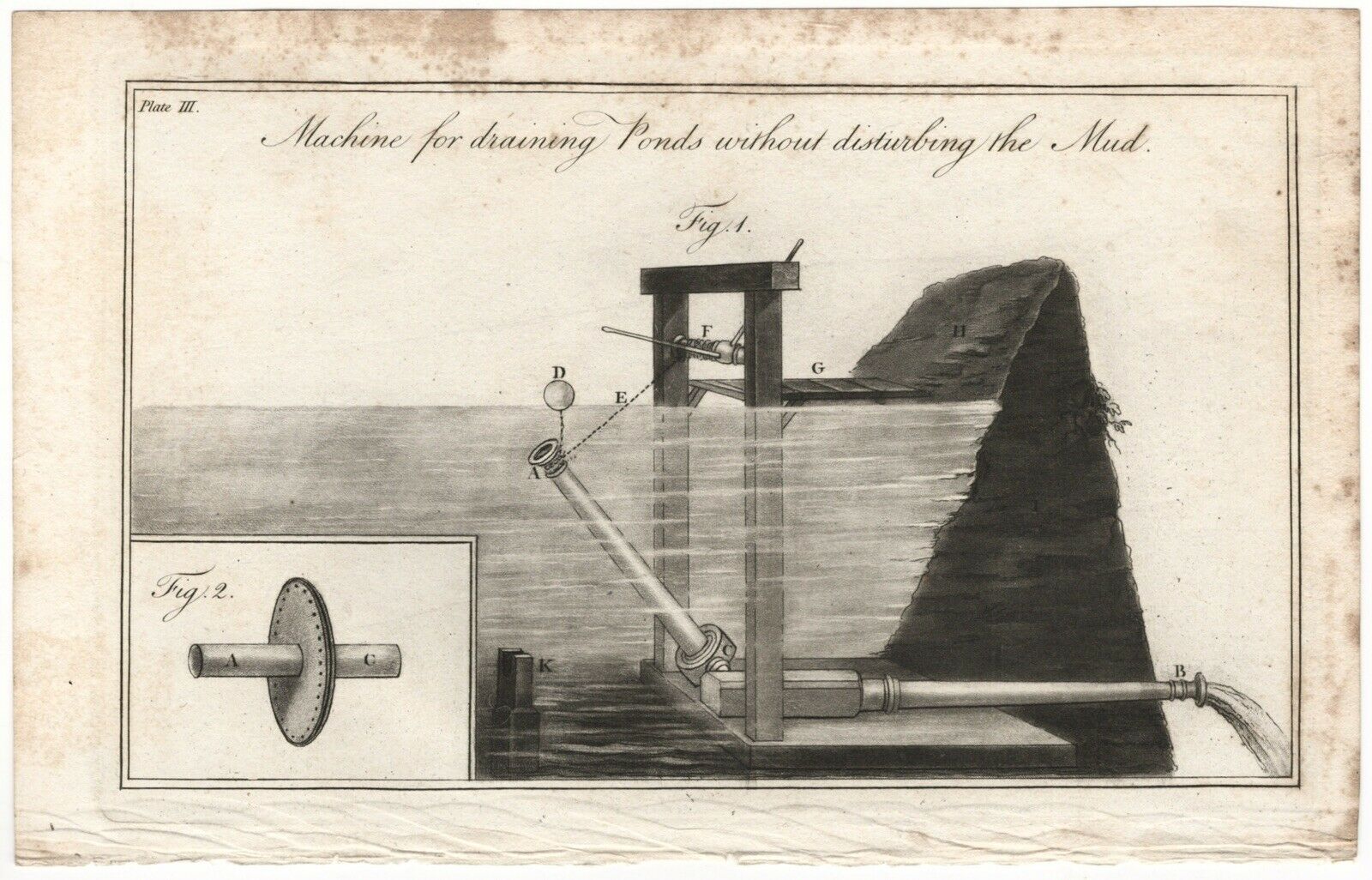-40%
An Account of a Treatise (in French) "Lettres sur l'Electricite" - 1761
$ 26.4
- Description
- Size Guide
Description
Read before the Royal Society on December 16, 1762,An Account of a Treatise in French, presented to the Royal Society, intitled “Lettres sur l’Electricite, by the Abbe Nollet, Member of the Royal Academy of Sciences, &c, &c.” By William Watson, M.D. F.R.S.
summarize the work described in the treatise in order to support and further confirm the hypothesis of the author.
The treatise by Abbe Nollet,
Lettres sur Electricite
, contained 284 pages, exclusive of the preface and four tables, and exhibiting fourteen figures, and dealt with the hypothesis that the effects of electricity depend upon the simultaneous affluence and effluence of the electric matter.
The item is a First Edition, extracted and disbound from The Philosophical Transactions of the Royal Society, Vol. 52, For the Years 1761 & 1762, pages 336-343. This volume was published in 1763.
William Watson
, FRS (3 April 1715 – 10 May 1787) was an English physician and scientist who was born and died in London. His early work was in botany, and he helped to introduce the work of Carolus Linnaeus into England. He became a Fellow of the Royal Society in 1741 and vice president in 1772. [Wikipedia]
Jean-Antoine Nollet
(19 November 1700 – 25 April 1770) was a French clergyman and physicist. As a priest, he was also known as Abbé Nollet. Nollet was particularly interested in the new science of electricity, which he explored with the help of Du Fay and Réaumur. He joined the Royal Society of London in 1734 and later became the first professor of experimental physics at the University of Paris. He is reputed to have given the name to the Leyden jar after it was invented by Pieter van Musschenbroek. [Wikipedia]
